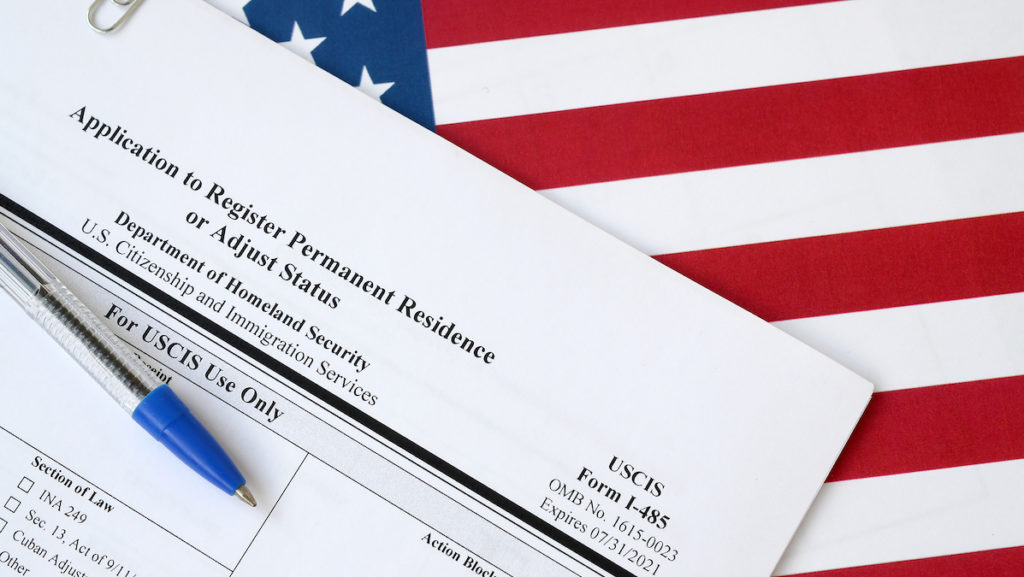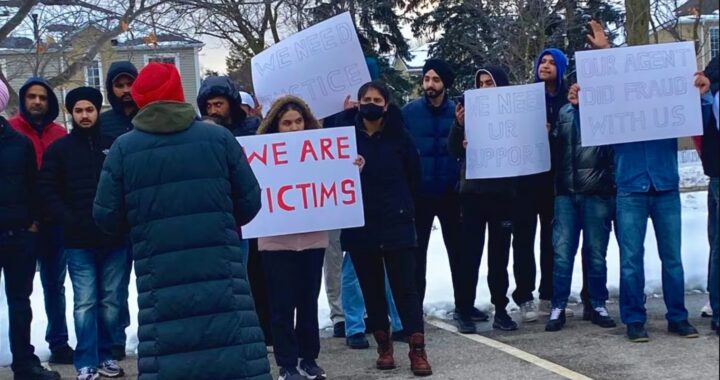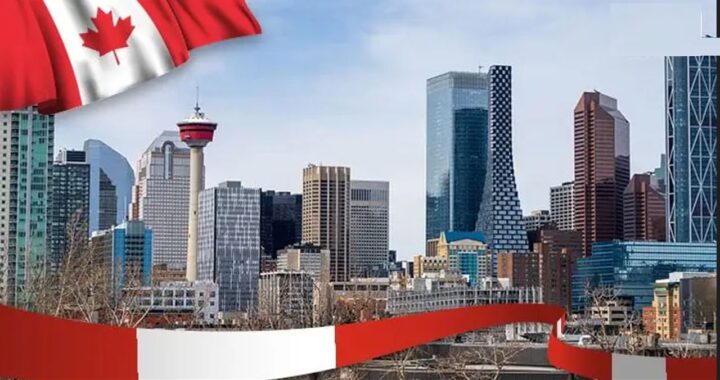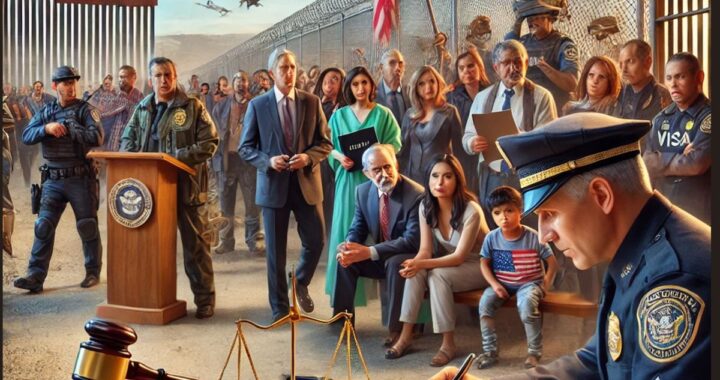The New Public Charge Rule To Affect Green Card Applicants And Admission-Seekers In The US Badly

New Public Charge Rule To Affect Green Card Applicants And Admission-Seekers In The US Badly
The New Public Charge rule became effective on February 24. Announced on February 22 by the United States Citizenship & Immigration Services (USCIS) the rule came immediately after the Supreme Court of the country dismissed the nationwide injunctions related to this rule on January 27.
The New Rule & Cash & Non-cash Benefits
There is a particular group of people who are going to come under the radar of this new public charge rule. The basic condition is that whosoever has been receiving one or more types of public benefits for twelve months or more in 36 months on an average can be found guilty under this public charge.
The rule also includes certain types of cash and non-cash benefits including Subsidized Public Housing, Supplemental Nutrition Assistance Program (SNAP), Supplemental Security Income (SSI), and Temporary Assistance for Needy Families (TANF), and more. Those who are charged under this new rule will not be able to get a US visa. Such students will not receive an admission offer from the United States.
However, those who have made an application under the Adjustment of Status before February 24 will be benefitted according to the old rules. The new public charge rule will apply to the immigrants who stay in the US currently and have applied for a green card, immigrants who wish to file a visa extension application for continuing their stay in the US, and those individuals wishing to come to America from other countries.
Also Read: Top 5 Tips To Study Abroad On Limited Budget
How Will The Immigration Officer Determine Inadmissibility?
Not one but several factors will be considered for determining the inadmissibility of an immigrant. The US immigration department will take into consideration the totality of all the factors and then come to a proper conclusion. Some of the factors that will be checked as a priority while determining inadmissibility for new public charge rule include financial status, resources, age, health, education, skills, assets, and prospective immigration status of the applicant.
Similarly, whether the applicant fulfills the Form-I 864 affidavits will also play a key role in the final decision. However, there are certain exemptions that the US government will follow for its new public charge rule. This rule will not apply to U-visas related to crime victims, asylees, refugees, T-visas used for trafficking victims, special immigrant Juveniles, and individual applicants applying for the Violence against Women Act.
Another important factor is that pregnant ladies, Medicaid recipients, foreign nationals serving in the Army and those below 21 years of age will be exempted from this new rule.

 Recent Changes to Canada’s Work Permit Rules and its impact on Immigrants from India
Recent Changes to Canada’s Work Permit Rules and its impact on Immigrants from India  Applications for UK Immigration witness major decline as the Immigration Laws undergo significant changes
Applications for UK Immigration witness major decline as the Immigration Laws undergo significant changes  Recent Changes to Canada’s Temporary Foreign Worker Program (TFWP) Effective May 1, 2024
Recent Changes to Canada’s Temporary Foreign Worker Program (TFWP) Effective May 1, 2024  Immigration Process to Latvia and Job Prospects
Immigration Process to Latvia and Job Prospects  Notario Fraud- a rampant fraudulent practice trapping immigrants to US and Canada
Notario Fraud- a rampant fraudulent practice trapping immigrants to US and Canada  Canada Immigrant Investor Program 2024- loaded with many good features- Check out here
Canada Immigrant Investor Program 2024- loaded with many good features- Check out here  What actions by Trump Government are in store for illegal immigrants in US? What are Challenges to deport illegal immigrants from US?
What actions by Trump Government are in store for illegal immigrants in US? What are Challenges to deport illegal immigrants from US?  What are changes in Canada Start up Visa Program and Self-Employed Persons Program. How would it affect the potential immigrants to Canada?
What are changes in Canada Start up Visa Program and Self-Employed Persons Program. How would it affect the potential immigrants to Canada?